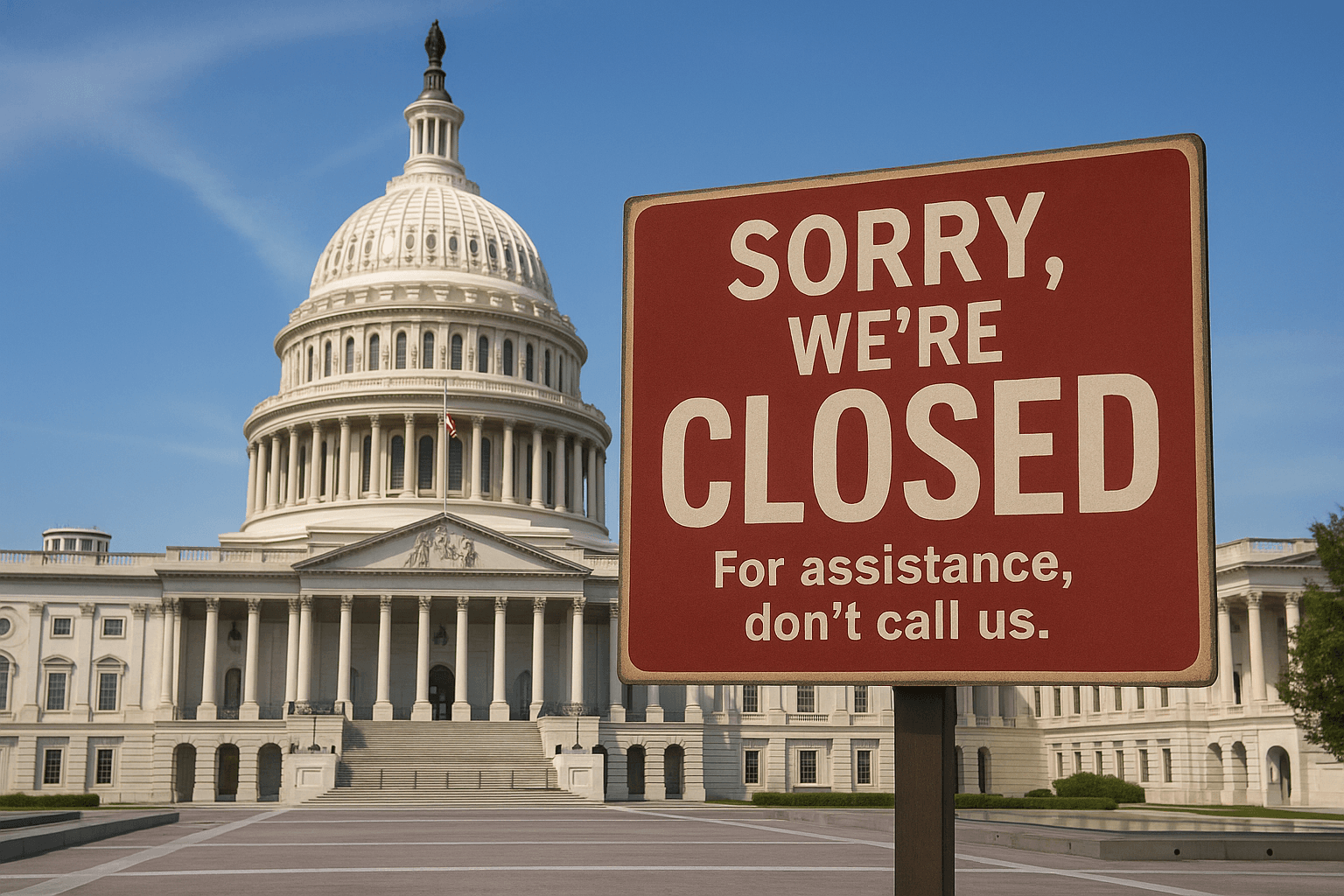While We Debate Apple vs. FBI, CA Bill Would Require "Back Door" Access to All Smartphones

There has been much public debate about whether Apple has the right to reject the FBI’s request for universal access to IPhones.
Due to the tragic shooting in San Bernardino last December, the FBI has asked Apple to invent a new version of the iPhone operating system, absent of important security features, and install it on an iPhone recovered during the San Bernardino investigation. More specifically, the FBI wants Apple to remove the restriction for how many times you can enter a password. This would allow the FBI to use a bot to input an exponential amount of combinations into the IPhone until that IPhone is unlocked.
Tim Cook, the CEO of Apple, has responded in a newsletter to his customers that he will not allow this to happen. He states that “while the government may argue that its use would be limited to this case, there is no way to guarantee such control.”
As Cook mentioned, this is about more than just one case. This is also about more than just Apple. Facebook CEO Mark Zuckerberg has voiced similar concern and stands with Apple for their decision to protect the privacy of their customers.
“Google and Twitter are also among the Silicon Valley firms that are standing with Apple on the issue,” Variety's Todd Spangler reports.
It seems as though legislation has had trouble keeping up with the ever-growing technology. The FBI has resorted to using the “All Writs Act of 1789” to issue orders that are not otherwise covered by a statute.
More recently, however, California Assembly Bill 1681 was introduced by Assemblymember Jim Cooper on January 20, 2016. The bill adds Section 22762 to the Business and Profession Code, relating to smartphones.
This bill requires a smartphone that is manufactured on or after January 1, 2017, and sold in California, to be capable of being decrypted and unlocked by its manufacturer or its operating system provider. Cooper also adds that the provider would be fined $2,500 for each phone sold without this “back door” technology.
The question is, should the FBI be able to use a “back door” into all of our personal and professional information and conversations? Although we may have the technology to secure our communities -- which is also debatable -- is it worth completely losing our privacy to the state and/or federal government? Or do we need alternative solutions?
Photo Credit: ymgerman / Shutterstock.com



